Saudi Arabia executes Jordanian man in case criticized by UN, human rights groups
Saudi Arabian authorities have put to death a Jordanian national whom human rights activists say was tortured before he signed a document confessing to smuggling narcotics into the kingdom.
The official Saudi Press Agency said late on Sunday that Hussein Abo al-Kheir, a driver in his late 50s, was executed in the northwestern region of Tabuk.
Rights groups say the family of Abo al-Kheir, who was a father of eight, had not been notified before the execution, which activists complain is a common practice by Saudi authorities. The rights groups emphasized that Abo al-Kheir's case highlights flaws in the Saudi justice system.
His sister, Zeinab, told AFP news agency that he was arrested in 2014 while crossing into Saudi Arabia, where he worked as a driver for a family in Tabuk city.
Both Zeinab and Britain-based rights group Reprieve say Hussein endured 12 days of torture, before he signed a document confessing to smuggling narcotics. They say he did not have access to a lawyer.
The UN Working Group on Arbitrary Detention has determined there was no legal basis for Abo al-Kheir's detention.
In November last year, Hussein contacted a relative in Jordan to disclose that he had been transferred to a section of the General Prison in Tabuk reserved for detainees whose executions were imminent, Zeinab said.
“He is very terrified and very sad, as he is sure that he has been wronged,” she said at the time, adding, “He is waiting for the moment of his death, being beheaded with a sword, after an absolutely unfair trial.”
Abo al-Kheir's death came exactly one year after Saudi authorities executed 81 people in a single day for trumped-up terrorism-related offences – an event that sparked an international outcry as it was the largest mass application of capital punishment in the country since 2019.
According to a new report by Reprieve and the European Saudi Organization for Human Rights (ESOHR), at least 1,243 people were executed in Saudi Arabia between 2010 and 2021, and the figure stood at 147 last year.
The report revealed that the six bloodiest years of executions in Saudi Arabia’s recent history (2015, 2016, 2017, 2018, 2019 and 2022) have all occurred under the leadership of Mohammed bin Salman as the country’s crown prince and de facto ruler and his father.
It highlighted that there was an average of 129.5 executions per year within the time span of 2015-2022, marking an increase of 82%.
It further notes that 2022 was one of the bloodiest years on record in Saudi Arabia’s recent history as 81 people were put to death in one day on March 12.
VIDEO | Hind Rajab Foundation names Israeli war criminals vacationing after Gaza genocide
VIDEO | Australians rally for Gaza ahead of Christmas festivities
VIDEO | Attacks on Sana'a
Iran reports further drop in annual inflation rate in December
Israel indicts two settlers over suspected spying for Hezbollah
Iran: US airstrikes on Yemen war crimes, violation of international law
Yemeni armed forces down F-18 fighter jet, repel US-UK attack: Spokesman
Iran warns against US-Israeli plot to weaken Muslims, dominate region


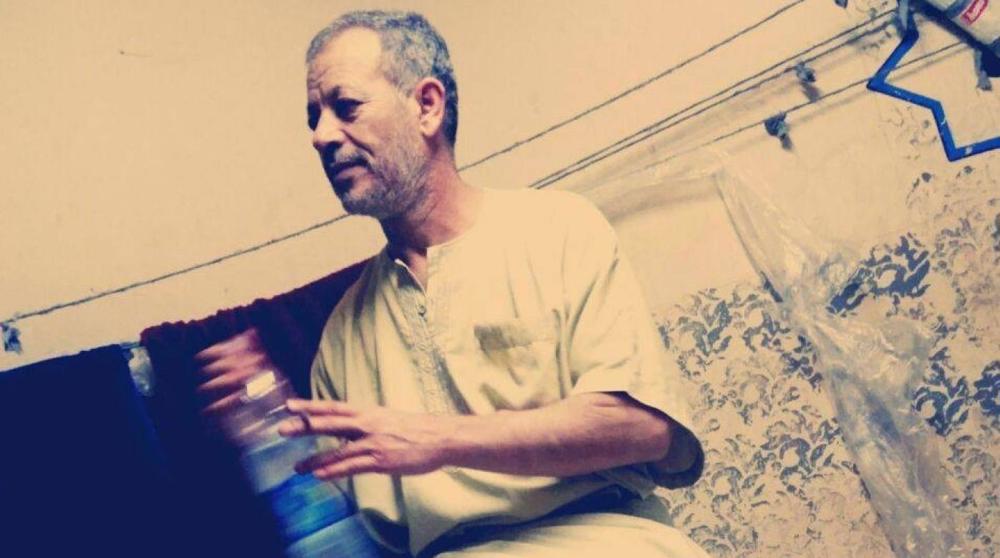

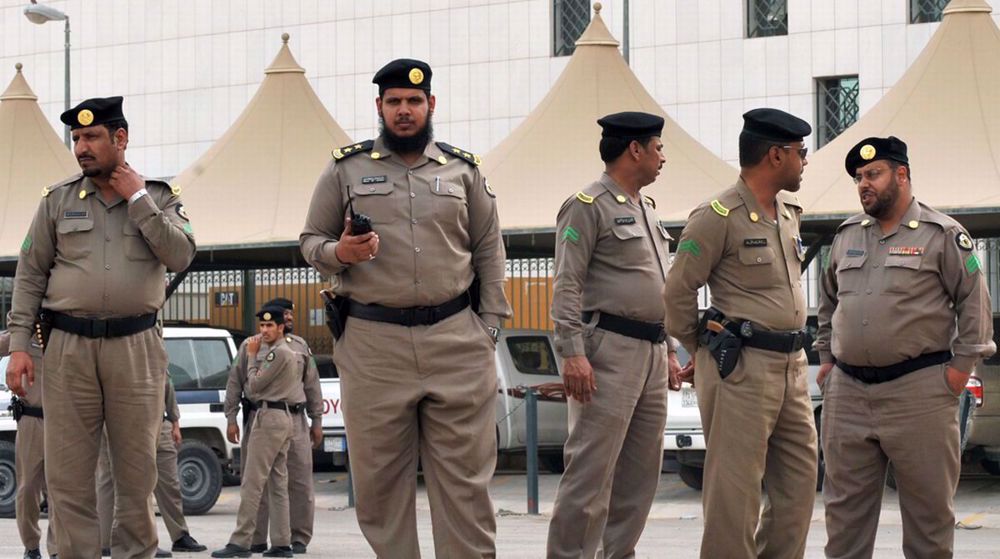






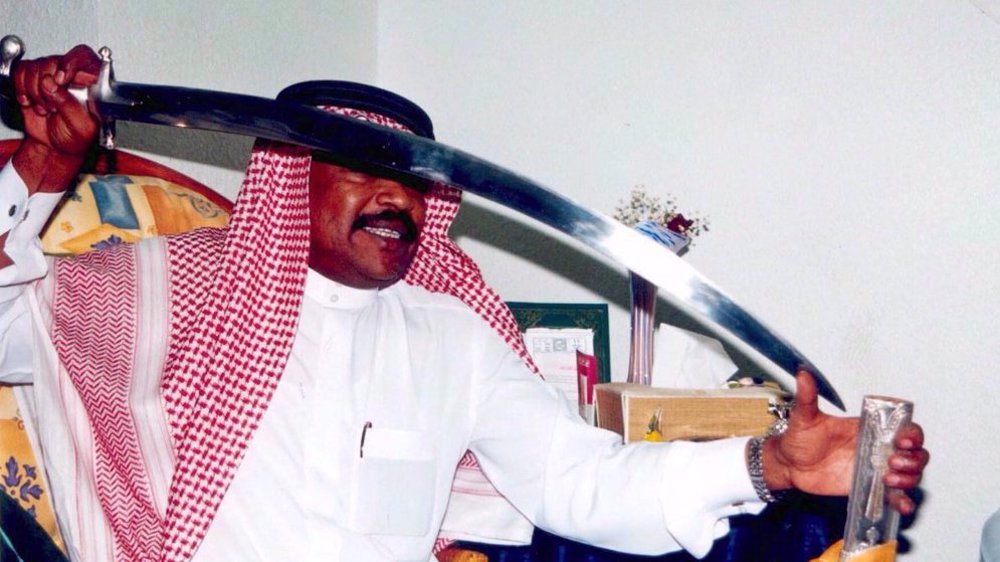
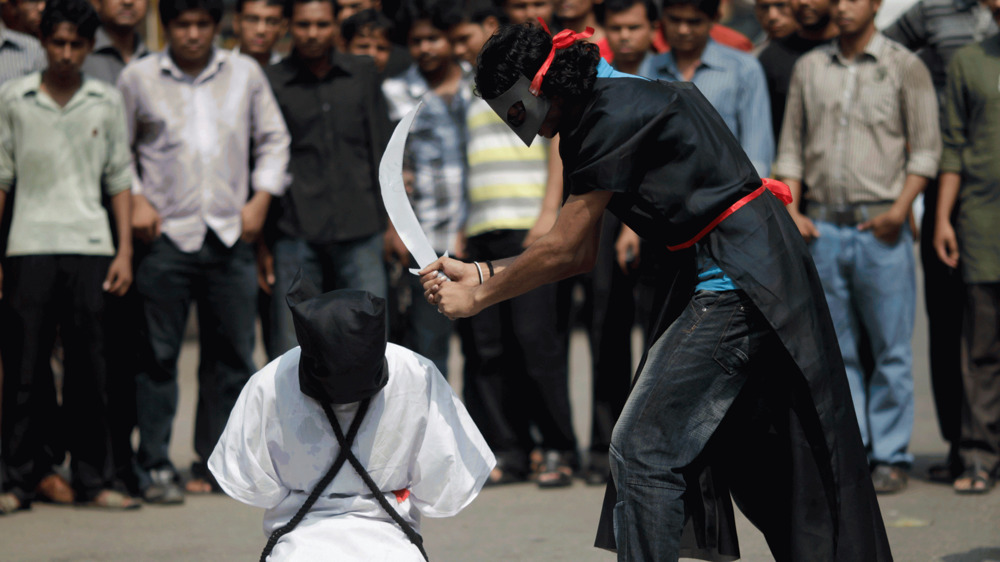


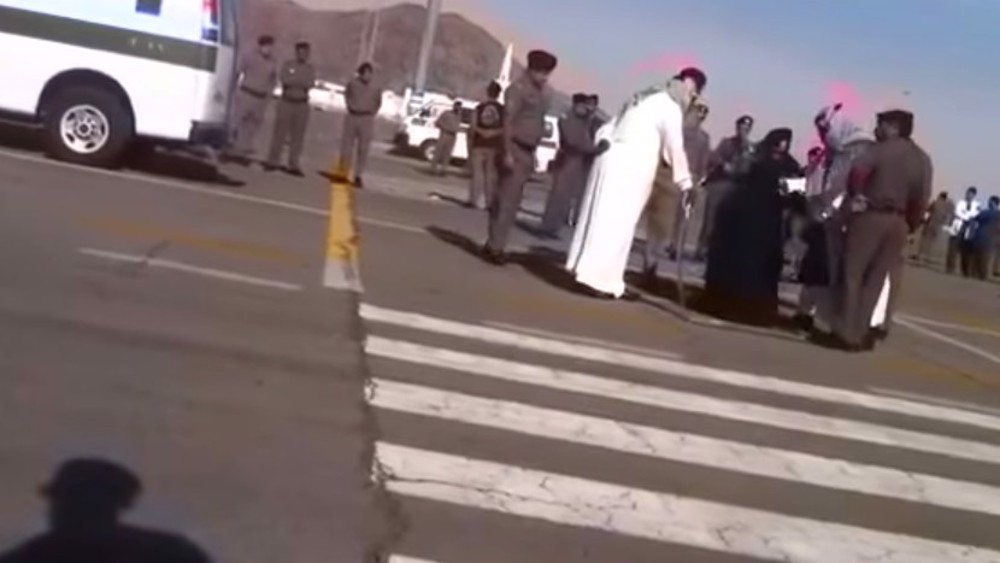
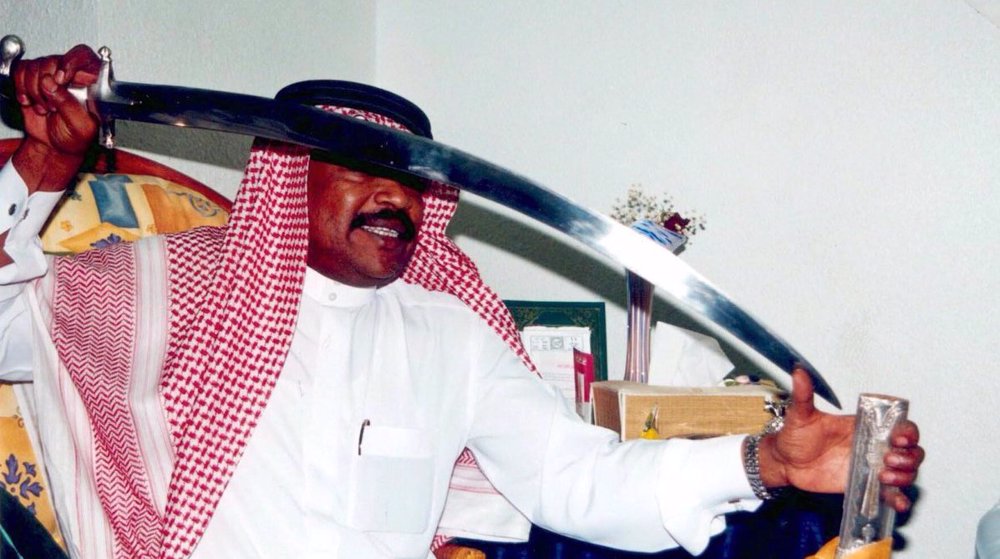

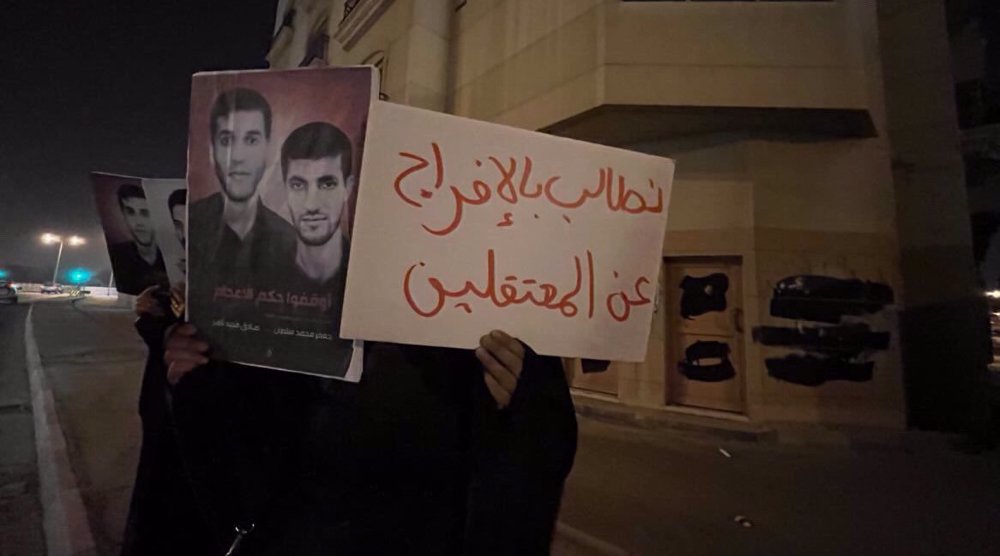



 This makes it easy to access the Press TV website
This makes it easy to access the Press TV website